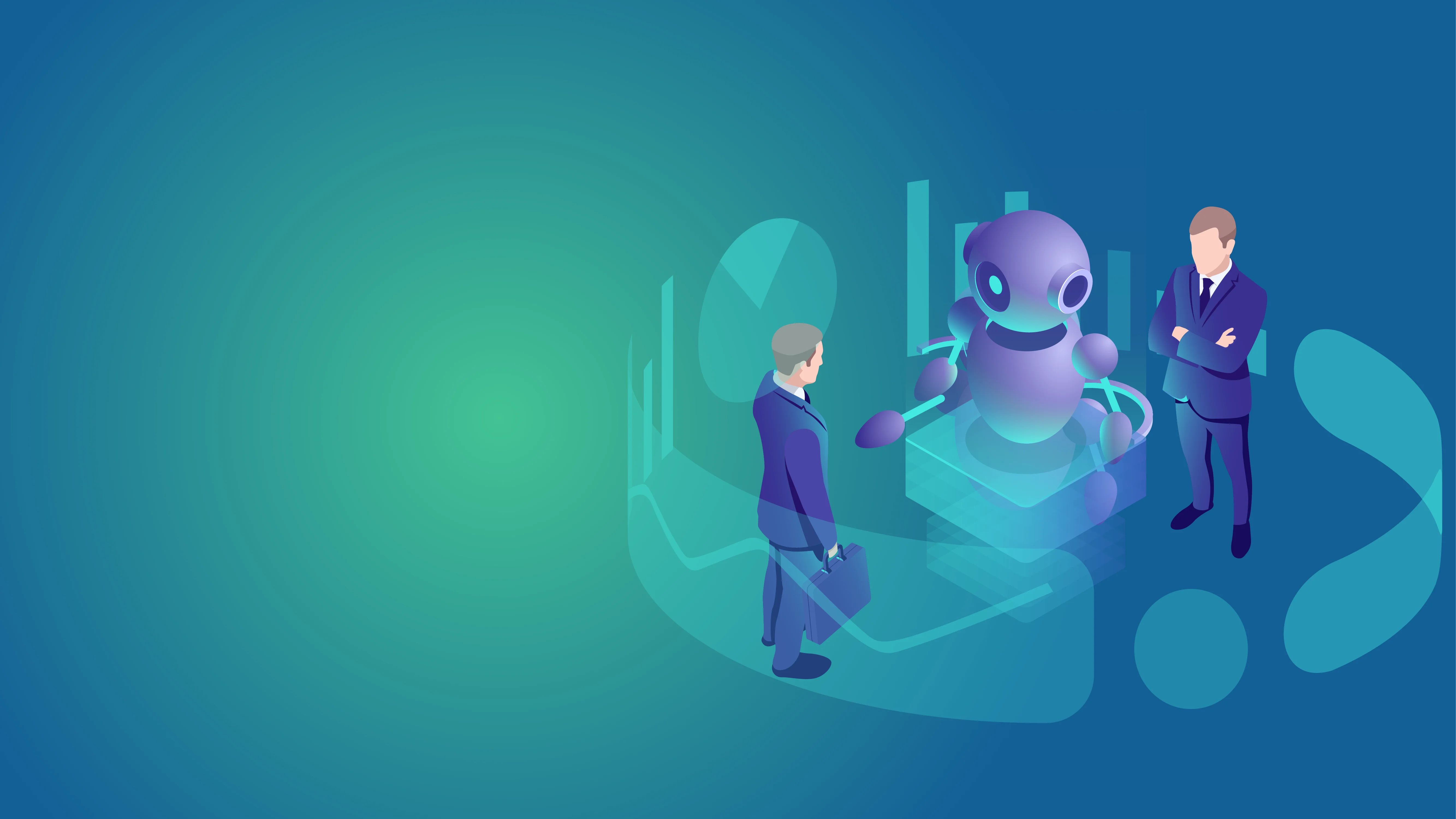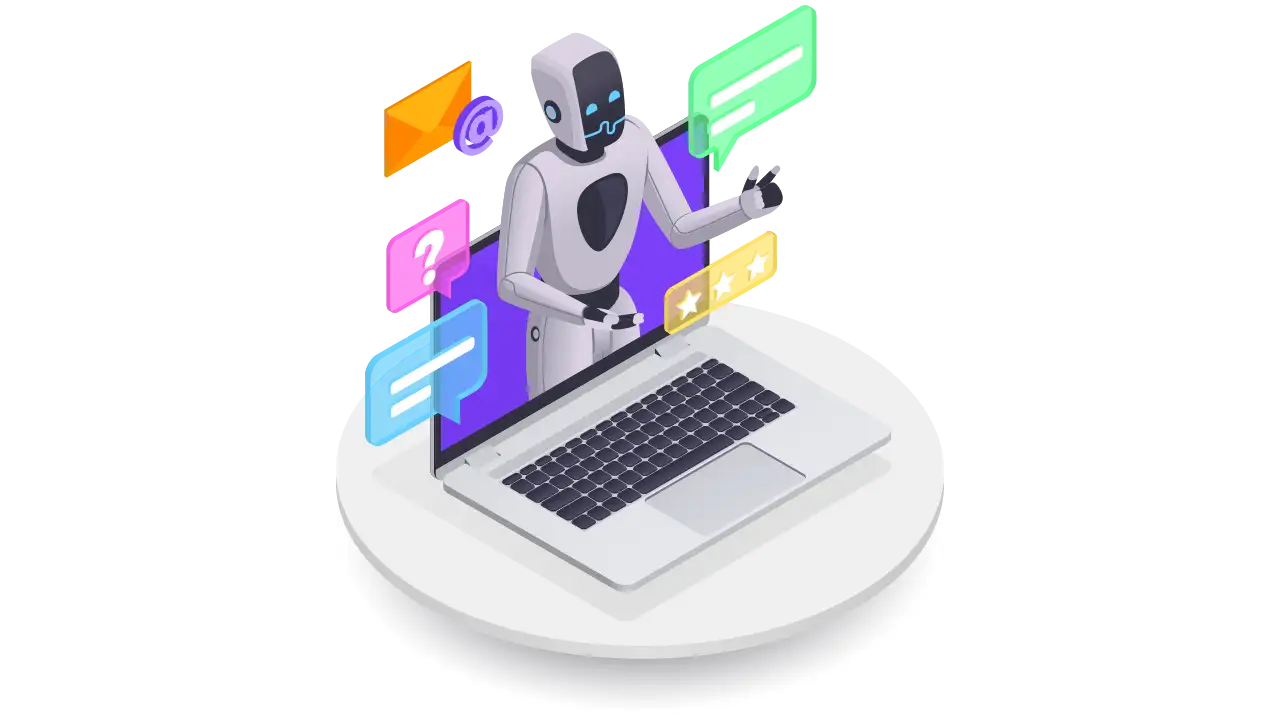


The advent of Artificial Intelligence (AI) is revolutionizing various sectors, and Human Resource Technology (HRTech) is no exception. The integration of AI into HR processes is not just a trend; it is a paradigm shift that is reshaping how organizations manage their workforce. From recruitment to employee engagement and performance management, AI is driving efficiency, accuracy, and strategic decision-making in HR.
AI in Recruitment One of the most significant impacts of AI in HRTech is in the recruitment process. Traditional recruitment methods are often time-consuming and prone to bias. AI-powered recruitment tools can automate resume screening, match candidates to job descriptions using natural language processing (NLP), and even conduct initial interviews using chatbots. These tools not only save time but also enhance the quality of hires by identifying the best fit based on data-driven insights.
AI also plays a crucial role in onboarding new employees and providing continuous training. AI-driven onboarding platforms can customize the onboarding experience for each new hire, ensuring they receive relevant information and training materials. Additionally, AI can analyze employee performance data to recommend personalized training programs, helping employees to upskill and advance in their careers.
Traditional performance management systems are often criticized for being inflexible and ineffective. AI is transforming this space by providing real-time performance tracking and analytics. AI-powered performance management tools can monitor employee performance continuously, providing managers with actionable insights and enabling timely feedback.
Employee engagement and well-being are critical for organizational success. AI tools can analyze employee engagement data from various sources, such as surveys and social media, to gauge employee sentiment and identify areas of concern. Moreover, AI-driven wellness programs can provide personalized recommendations to improve employee health and well-being.
Also Read : Not Just Chatbots: Why HR Needs Agentic AI Agents in 2025
While AI offers numerous benefits, its integration into HRTech also presents challenges and ethical considerations. Ensuring data privacy and security is paramount, as HR data is highly sensitive. Additionally, organizations must address the potential for AI to perpetuate existing biases if not properly managed. Transparent AI algorithms and regular audits are essential to mitigate these risks.
The future of AI in HRTech is promising, with continuous advancements in AI capabilities. Predictive analytics, advanced NLP, and machine learning are expected to further enhance HR functions. As organizations increasingly adopt AI-driven HRTech solutions, the role of HR professionals will evolve to focus more on strategic decision-making and less on administrative tasks.
In conclusion, AI is transforming HRTech by automating processes, providing data-driven insights, and enhancing employee experiences. While challenges exist, the potential benefits of AI in HR are immense. Organizations that embrace AI-driven HRTech solutions will be better positioned to attract, retain, and develop top talent in an increasingly competitive landscape. #HRTech #ArtificialIntelligence #FutureOfWork #AIinHR #EmployeeEngagement #TalentManagement #HRInnovation #LinkedIn #HRTrends #FutureOfHR

Organizations operating in distributed, high-volume, or high-variability environments, such as HR shared services...

As the digital landscape evolves, data-powered organizations are gaining a competitive edge. Data has become the new currency...

The world of work is evolving at an unprecedented pace, and outplacement and workforce transition consulting...

The workplace is rapidly evolving at an unprecedented pace. As organizations navigate a landscape increasingly influenced by artificial intelligence...

Artificial Intelligence (AI) isn’t just some sci-fi fantasy anymore—it’s really changing the way companies work today...

In today’s fast-paced business world, People Analytics is reshaping the way organizations attract, engage, and retain talent...